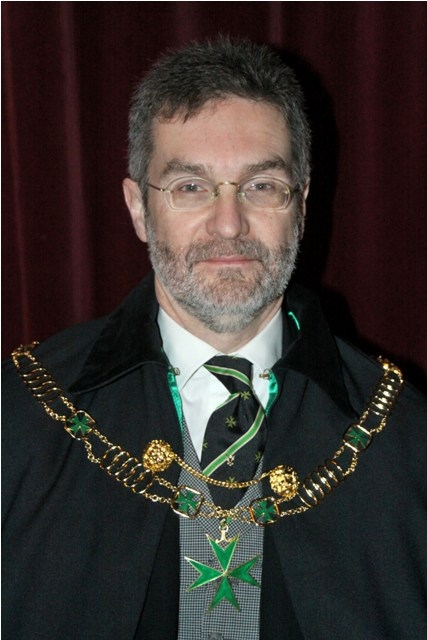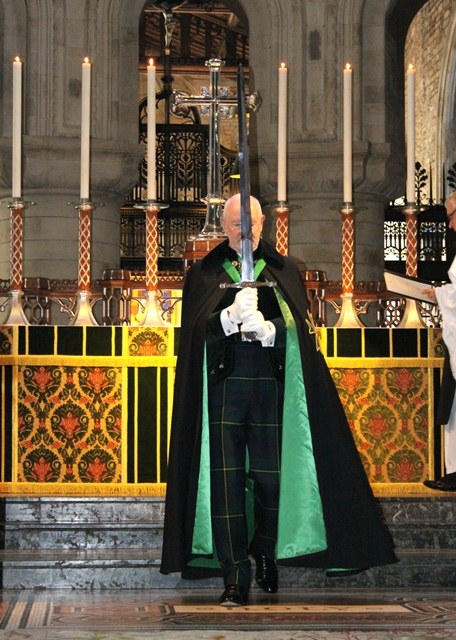
June 2016
Recently there has been an increased awareness in the general population for the provision of personalised care for patients at the end of their life. This care will include both physical and mental care to support patients as well as their family and carers. There is a need to provide for spiritual care that is non-denominational and which is lacking in current professional training. The Saint Lazarus Care Foundation has identified the need for Spiritual Care and has set out to provide this training for carers. It will provide a secular patient-centred programme to encompass any person’s beliefs, and to enable them to undertake a journey feeling safe and without pain or panic. This will provide support whenever the patient feels it is the right time to ask or seek help, which may be over an extended period of time or occur immediately prior to death. Attendees will also recognise that all participants in the end of life journey – the patient, the family and the carer, all have different needs to be addressed.
In 2011 an initial working party, consisting of members of the Order of Saint Lazarus, members of St Joseph’s Hospice in Hackney and Hospital Chaplains, was established to identify the needs and demands of patients at end of life and what training careers require in order to respond to those needs. Following the work of a small dedicated and well-motivated team with some input from others in end of life care a one day programme was formalised and the first course has now been completed.
The course is run on a small and intimate basis to allow participants to gain maximum advantage while feeling in a safe place, as the content will be demanding for attendees. The initial attendees came from a wide spectrum of people involved in end of life care. They included people with considerable experience in the field, to some with experience but only just starting to work in end of life care, and others at the start of their professional training. The range of skills included ward nurses, therapists, social workers, a tutor, a chaplain, and a volunteer. Whatever their background or experience they were able to bring something to the course, and all felt they had achieved something that would help in their interaction with patients and that they felt more comfortable discussing a patient’s difficult questions and thoughts.
It is hoped to undertake this course on a regular basis, initially in the London area but later extending to other centres.
|
|
Chairman of Saint Lazarus Care Foundation Professor Michael Seed KLJ OMLJ |


